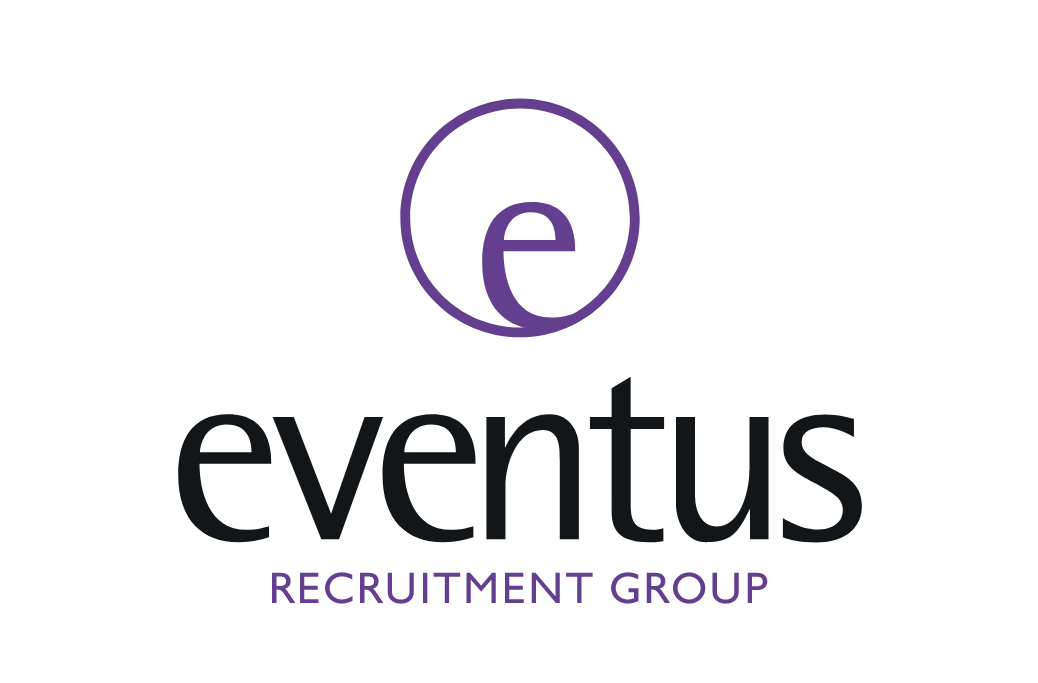The clock is running out on hourly billing — 54% of UK firms are already shifting to fixed fees. Are you ready?
The clock is running out on hourly billing — 54% of UK law firms are already leaning into fixed fees. According to the Law Society, fixed‑fee billing is no longer a fringe option but fast becoming the new standard, especially amongst mid-sized firms with 64% already offering this model.
As one commentator put it: “Cost predictability is no longer a luxury; it’s an expectation.”
What does this change mean for clients?
- Transparency — the cost is agreed up front.
- Predictability — no surprise bills.
- Reduced risk — clients won’t worry that the meter keeps running.
For law firms, the upside is compelling.
- Stronger client trust — clients appreciate knowing exactly what they’ll pay.
- More stable revenue streams and cashflow — less volatility.
- Sharper financial forecasting — you can plan with confidence.
When might fixed fees not make sense?
- Highly unpredictable or bespoke work
- Cases where scope can balloon
- When you lack the internal analytics or cost discipline to reliably estimate
The shift is clear: the future of legal billing will be built on confidence, clarity and value—not hours.
Some Law Firms’ see a different perspective on fixed fees, Lawcareers.net and The Law Society observed that
1. Client Demand is Driving the Change
Many firms recognise that clients increasingly expect cost certainty. A partner at a mid-size London practice recently said: “Clients don’t want to feel like the meter is always running. Fixed fees give them the confidence to pick up the phone without worrying about the cost.”
2. Building Trust and Relationships
Fixed fees are seen as a way to strengthen long-term client relationships. A Legal 500 firm noted in its annual review: “Predictable pricing has enhanced client loyalty. They know exactly what to expect, which builds trust.”
The Legal Services Board found that firms using fixed prices are significantly less likely to exceed their original cost estimates.
3. Revenue Predictability for Firms
Finance teams within firms also welcome the stability. One FD explained: “Moving to fixed fees has made our revenue streams more predictable and improved cashflow forecasting.”
4. Operational Pressures
However, some firms acknowledge challenges in resourcing and efficiency:
“Fixed fees require us to be sharper on scoping work and managing resources. It’s not without risk if a matter becomes more complex than expected.”
5. Competitive Differentiator
For firms keen to win new business, fixed fees are seen as a competitive advantage: “We’ve won tenders purely because our pricing model gave clients the transparency they were looking for.”
In summary:
- Larger firms may be cautious, particularly for complex, unpredictable work.
- Mid-size and regional firms often embrace fixed fees as a way to stand out.
Across the board, the trend is clear: cost transparency is now central to client expectations, and firms adopting fixed fees report stronger trust and more predictable financial planning.
Is your firm ready to make this shift? What’s stopping you?
Written by Siobhan Courtney, Managing Director, Eventus Recruitment Group


